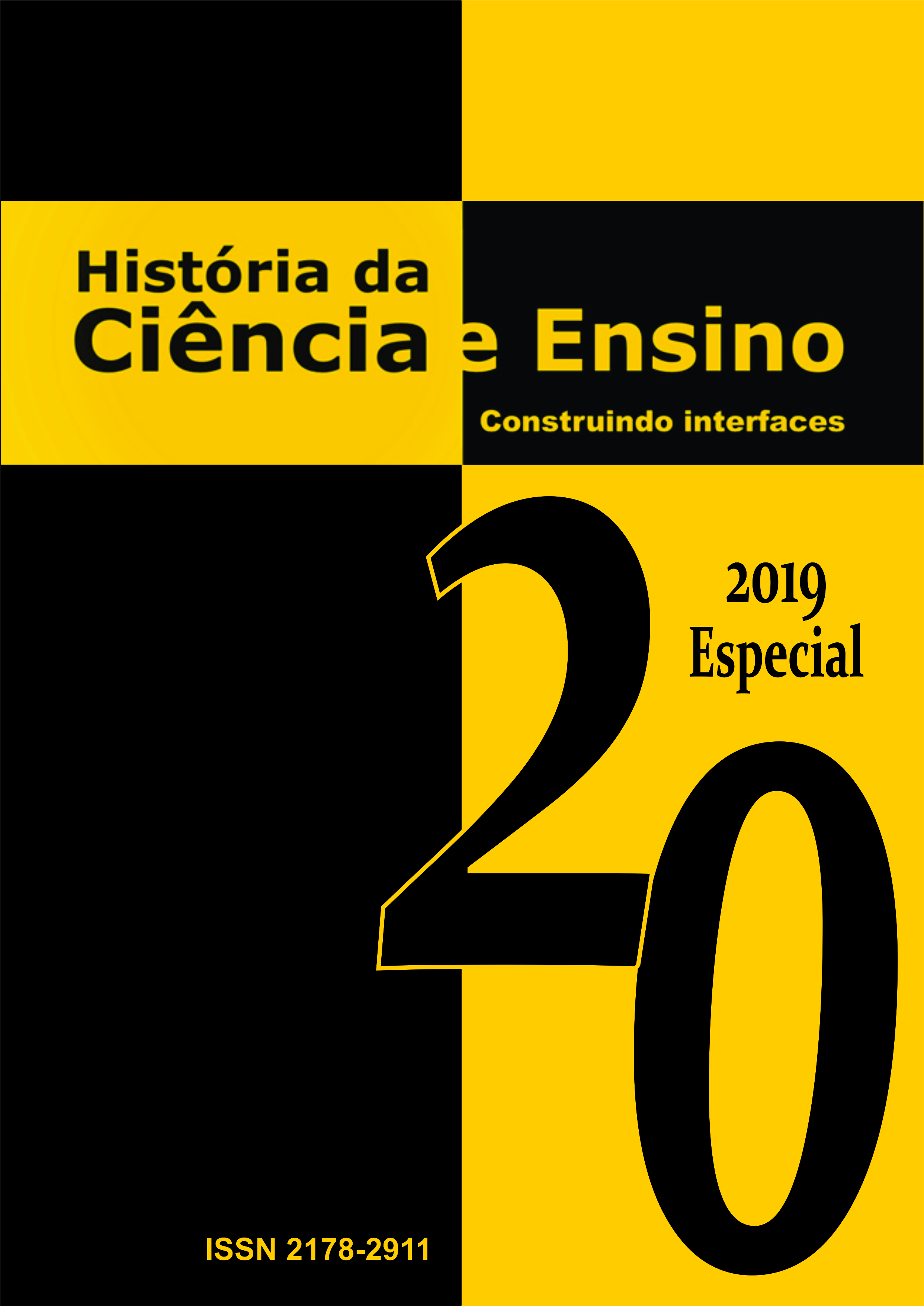Perceção dos professores do 1o CEB, relativamente ao decreto-lei 54/2018 sobre a educação inclusiva
DOI:
https://doi.org/10.23925/2178-2911.2019v20espp702-713Abstract
Resumo
As sociedades têm, ao longo dos tempos, desenvolvido práticas e conceitos diversos face ao que consideram como “o diferente”. A forma como as pessoas “diferentes” têm sido encaradas em diversos momentos históricos traduz, de alguma forma, fatores de ordem social, cultural, religiosa e económica, próprios das diversas épocas (Pereira, 1999). Na última década, foram introduzidas mudanças significativas no apoio a prestar aos alunos com Necessidades Educativas Especiais (NEE) pelas escolas do ensino regular. O Decreto-Lei no 3/2008, de 7 de Janeiro veio revogar o Decreto-Lei no 319/91, de 23 de Agosto, o qual determina os apoios especializados a prestar aos alunos com NEE. Este diploma gerou muita controvérsia por parte dos investigadores nacionais, por limitar o público-alvo de apoios especializados e defender um modelo de avaliação das NEE por referência à Classificação Internacional de funcionalidade, incapacidade e saúde (CIF). Uma década depois, o diploma que regulamenta a Educação Especial foi novamente revisto, tendo surgido o Decreto-Lei 54/2018. Através de um questionário com questões abertas e fechadas foi nosso intuito obter informação relativamente à perspetiva dos professores de ensino regular acerca da inclusão de alunos com NEE nas salas de ensino regular e às alterações previstas no novo Decreto-Lei que regulamenta a Educação Especial e os apoios a prestar a estes alunos.
Palavras-chave: Educação Especial, Necessidades Educativas Especiais, Decreto-Lei
Abstract
Societies have, over time, developed diverse practices and concepts in relation to what they consider as "the different". The way in which "different" people have been viewed at various historical moments translates in some way into social, cultural, religious and economic factors characteristic of the various eras (Pereira, 1999). In the last decade, significant changes have been introduced in support for pupils with Special Educational Needs (SEN) in regular schools. Decree- Law no. 3/2008, of 7 January, revoked Decree-Law no. 319/91, of 23 August, which determines the specialized support to be provided to students with SEN. This diploma generated much controversy on the part of the national researchers, for limiting the target audience of specialized supports and to defend a model of evaluation of the SEN with reference to the International Classification of functionality, incapacity and health (CIF). A decade later, the diploma that regulates Special Education was again revised, and Decree-Law 54/2018 emerged. Through a questionnaire with open and closed questions, it was our intention to obtain information regarding the perspective of teachers of regular education about the inclusion of students with SEN in the regular teaching rooms and the changes provided for in the new Decree- Law that regulates Special Education and the support to these students.
Keywords: Special Education, Special Educational Needs, Decree-Law


